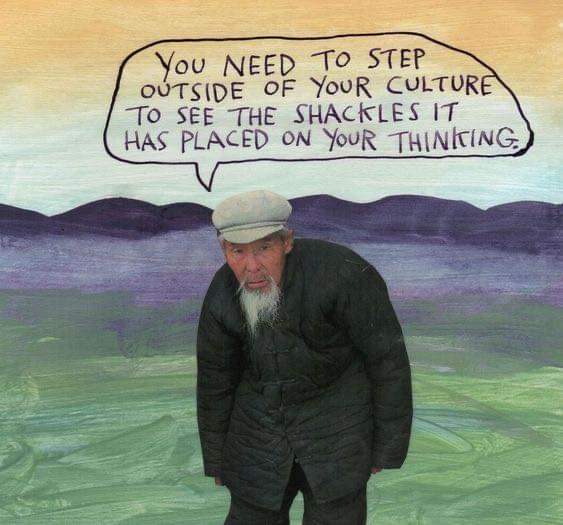This is an old and familiar problem: people who say they want change but consistently choose the path that neutralises it. Welcome to the “common sense” #NGO worldview, currently being repackaged in the #Fediverse as things like the Fedi Foundation. It’s not new. It’s not empowering. It’s a tired institutional gravity that drags every radical project into a fog of bureaucracy, branding, and paid careers.
In contrast, we have the “nativist” #openweb crew – grassroots people working with messy horizontalism and free tools, trying to keep the fire alive. See the more grounded reflections like What would a fediverse “governance” body look like?.
And then, sitting awkwardly in between, we have the #geekproblem, coders who are working hard on technical processes like the FEPs (Fediverse Enhancement Proposals) but who avoid touching anything political. They’ve been pushing the #fep process for years now, and while technically interesting, they often ignore the deep political questions of governance and power. That’s fine. But it leaves a vacuum.
The risk: If native paths don’t move, the NGO model will win by default is the hard truth, if the “native” #openweb people don’t move beyond our tired leftist divisions and infinite internal critique, then the #NGO model will be imposed. History tells us this, over and over again. Nature abhors a vacuum. Institutions are always waiting to fill the space with “best practices,” dull forms, and “inclusive” hierarchy. It’s just what happens when there’s a failure to organise from below.
And here’s the problem, the argument between “structure” and “lack of structure” is largely a strawman. Most functioning grassroots projects have lots of structure, it’s just soft structure: relational, implicit, culturally encoded, emergent. The #OGB project (Open Governance Body), for instance, grew from the #EU outreach work and shows this kind of structure in action. It’s not rigid like an NGO. It’s not anarcho-chaos either. It’s #KISS structure, small, practical, and adaptable. But people often miss this because they’ve been taught to only see hard structure: constitutions, charters, legal entities, chairs, and trustees. This blindness is a serious block.
On coops, NGOs, and the shadows of the #Deathcult. A note on coops: They’re often cited as a model alternative. And yes, coops can be good. But many have been co-opted. They function more like bureaucratic relics than vibrant counter-systems.
Examples:
The Coop supermarket hired Tesco managers to “turn it around,” resulting in soviet-style shopping and a full embrace of corporate logics.
The Coop Bank? Try dealing with them — they’re functionally broken through bureaucracy.
1970s wholefood coops had potential — many evolved into neoliberal health shops in the 1990s, selling overpriced turmeric capsules to middle-class wellness seekers.In contrast, activist organising – even when messy, clumsy, and exhausting – is a better bet. It rarely becomes the shadow of the #deathcult because it is in active struggle against that system. NGOs and formalised coops often become the shadow by default.
What should we do?
- Name the problem without being prats about it. People drift into #mainstreaming by habit, not usually by conspiracy. But habits can kill movements. Name them. Push back gently but firmly.
- Embrace diversity of organising models. Don’t push coops or NGOs as a one-size-fits-all. Sometimes a loose affinity group or soft network is better. Sometimes a coop makes sense. But don’t dogmatise structures that we know often fail.
- Build soft structure, not rigid rules. Ask simple questions like “How does this work with the #4opens?” or “Does this strengthen the PGA Hallmarks?” This builds accountability without shutting down creativity.
- Support native projects like #indymediaback, #OGB, and the #OMN, these are based on working structures, rooted in radical history, and built by people with lived experience of doing the work.
- Don’t confuse visibility with substance. Just because a foundation or NGO gets press or looks shiny, doesn’t mean they’re doing anything real. Look under the hood.
- Compost what needs composting. Don’t let failed or flawed projects keep clogging up energy space. Say goodbye, thank them for their lessons, and move on. We have enough shit to shovel already.
In summary, we don’t need to choose between chaos and bureaucracy. There’s a third path of soft, relational, rooted organising with shared values, proven history, and practical tools. But we have to fight for it. Because if we don’t, the NGO train will keep rolling through, colonising everything with HR-speak and grant metrics. And we’ll be stuck rebuilding, again and again. Let’s not waste more time on that.




